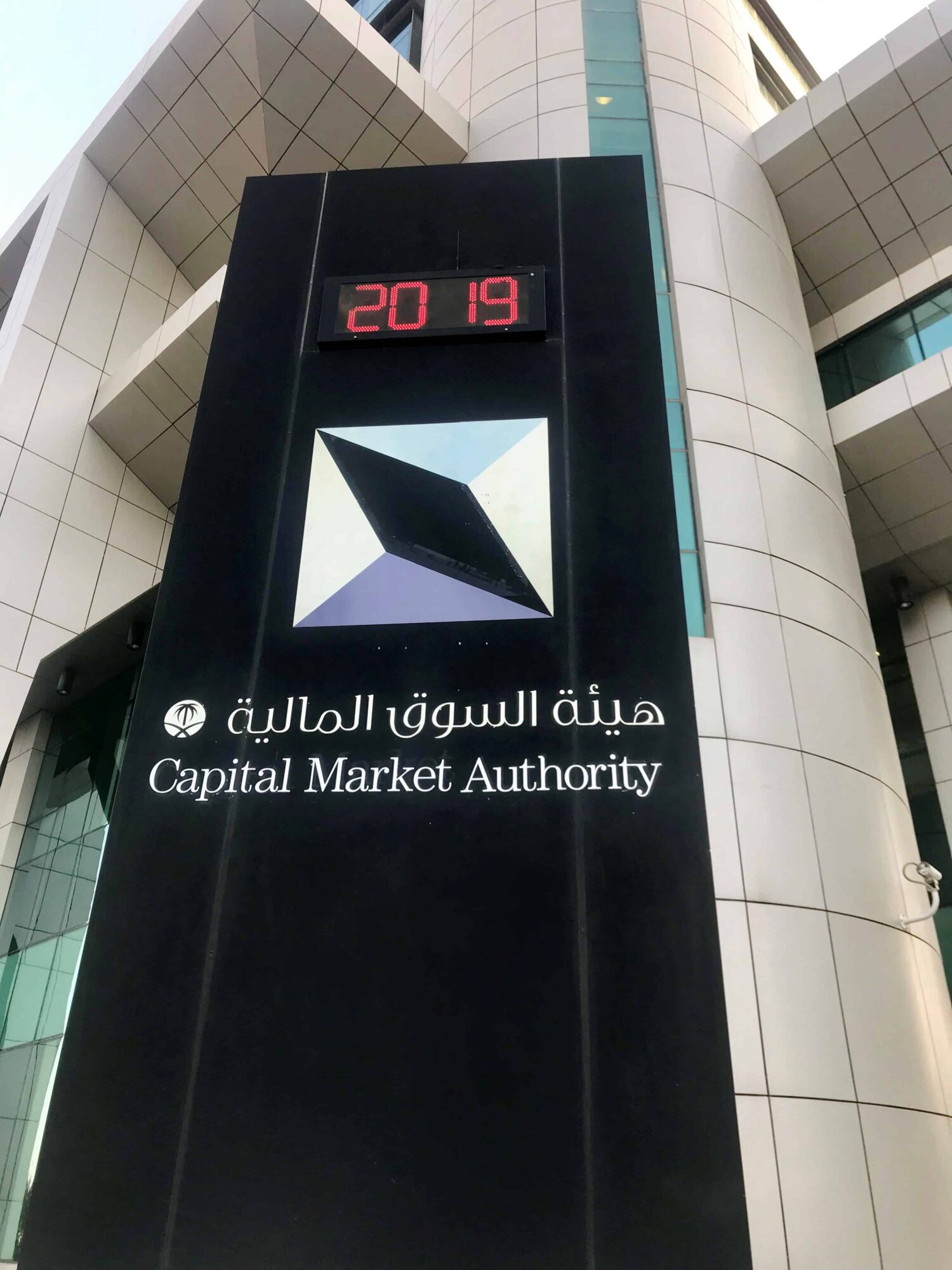Riyadh, Saudi Arabia — Capital market institutions authorized by Saudi Arabia’s Capital Market Authority posted a record 29.8 percent increase in net income to SAR 6.1 billion at the end of 2022, compared to 2021.
Bander Sulaiman Alayed, the Deputy of Market Institutions, said the retained profits in capital market institutions reached a record high of SAR 60.34 billion, an increase of 39.17 percent by the end of 2022 compared to SAR 43.36 billion in 2021.
The profits of capital market institutions experienced a significant surge due to a 26 percent increase in revenues in 2022, exceeding SAR 12 billion, the highest recorded in the history of these institutions.
Asset management revenues constituted the largest portion at 33.64 percent of aggregate revenues, followed by dealing activity at 19.67 percent, investment at 16.45 percent, and investment banking at 9.71 percent. The remaining ratios were distributed among other revenue sources, advice, and custody.
Alayed further revealed that the number of portfolios managed by capital market institutions reached a record high of 37,021, reflecting an increase of approximately 1204 percent compared to 2,839 portfolios at the end of 2021 due to the growth in portfolios of a recently launched capital market institution.
Regarding asset distribution in Discretionary Portfolio Management (DPM), local shares accounted for the largest share at 45.61 percent with a value of SAR 120.97 billion by the end of 2022, followed by the investment funds category at 23.48 percent. International shares, debt instruments, and other investment categories constituted 30.91 percent of the assets managed.
Alayed also highlighted the CMA’s role in regulating capital market institutions, stating that the CMA established the Capital Market Institutions Regulations to govern their legal structure.
Additionally, applicants seeking to engage in security business must be established in the Kingdom. For dealing, custody, and managing business, the applicant must be a subsidiary of a local bank, a joint-stock company, a financial services subsidiary of a Saudi joint-stock company, or a licensed subsidiary of a foreign financial institution under the Banking Control Law.
Applicants in any legal form can apply for a license to conduct arranging or advising in securities business. The applicant must have a paid-up capital of no less than SAR 50 million to obtain a license for conducting dealing and custody business, and SAR 20 million for managing investments and operating funds. Additionally, the applicant should have sufficient capital to cover expected expenses for managing investments for a year.

